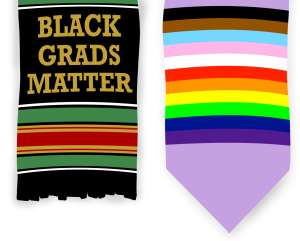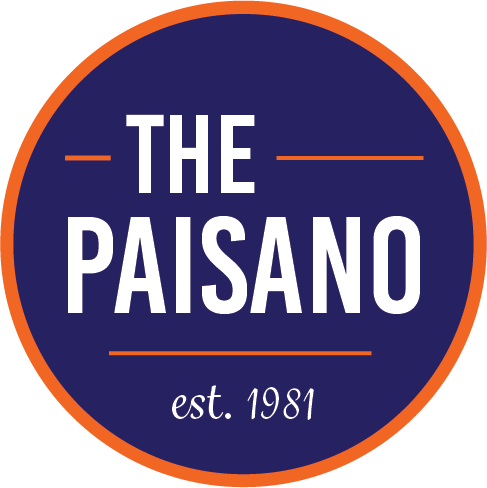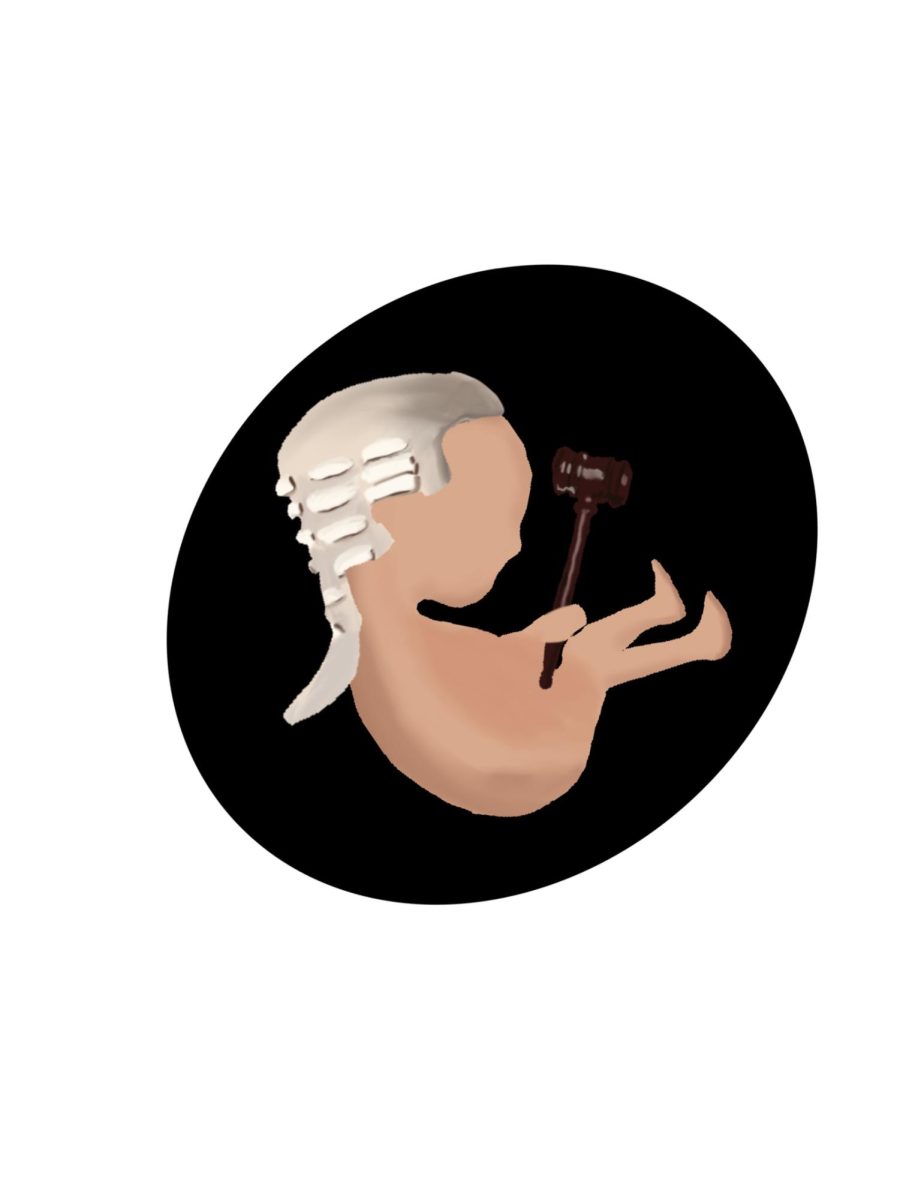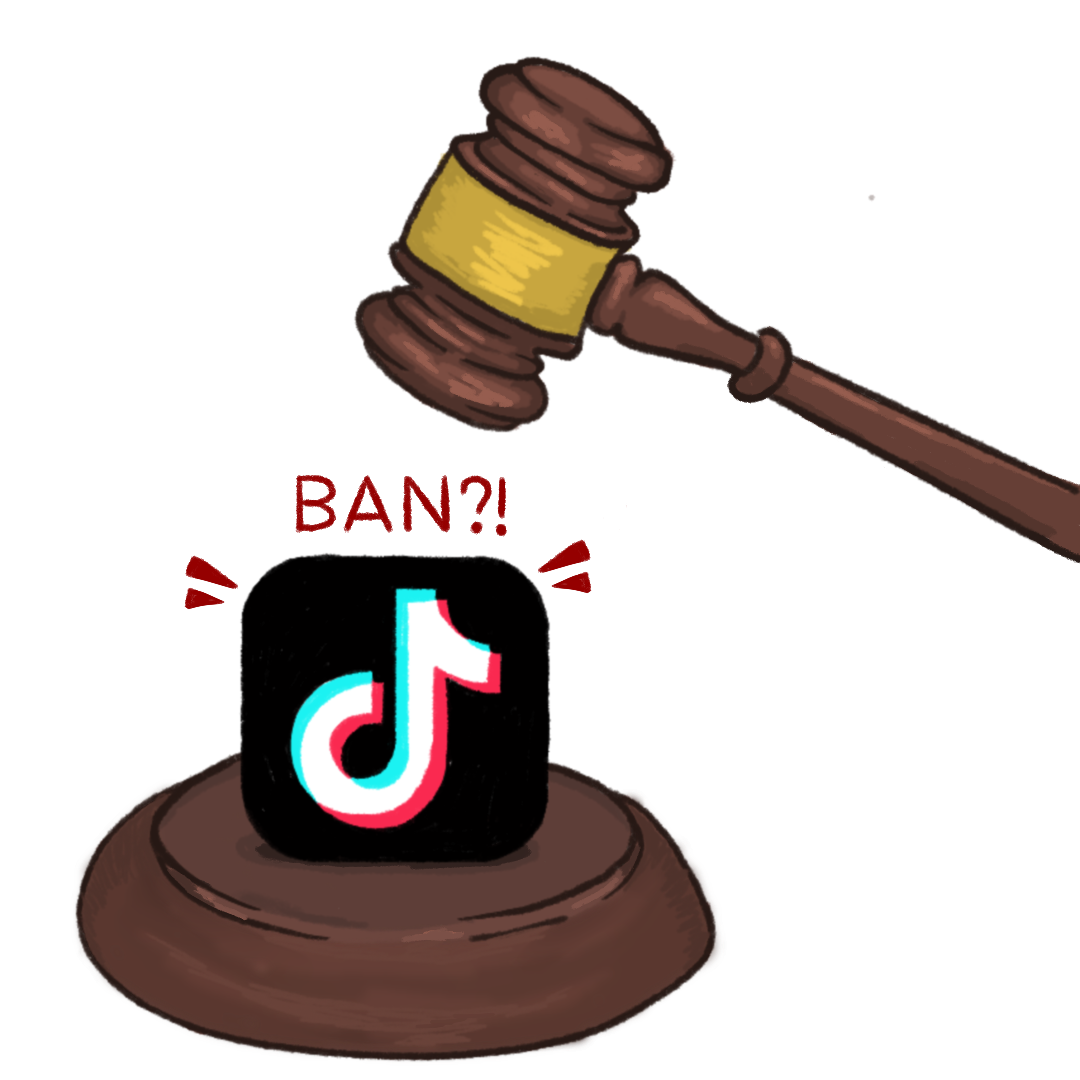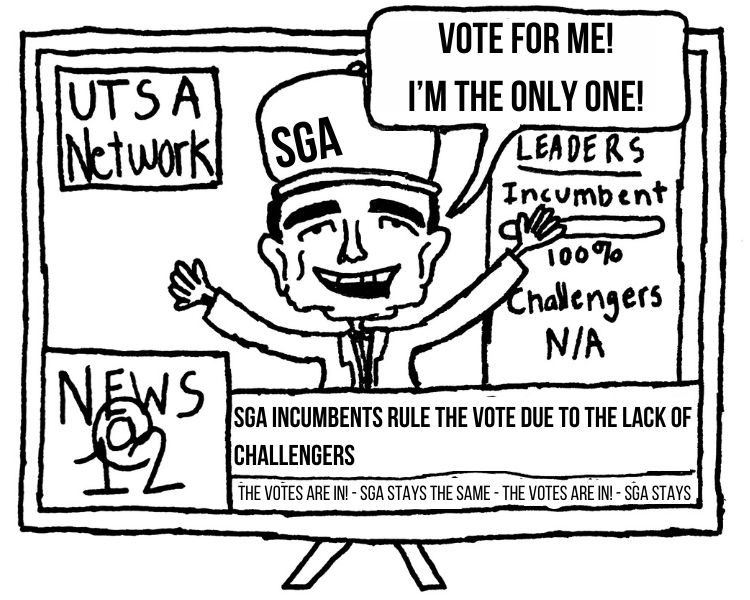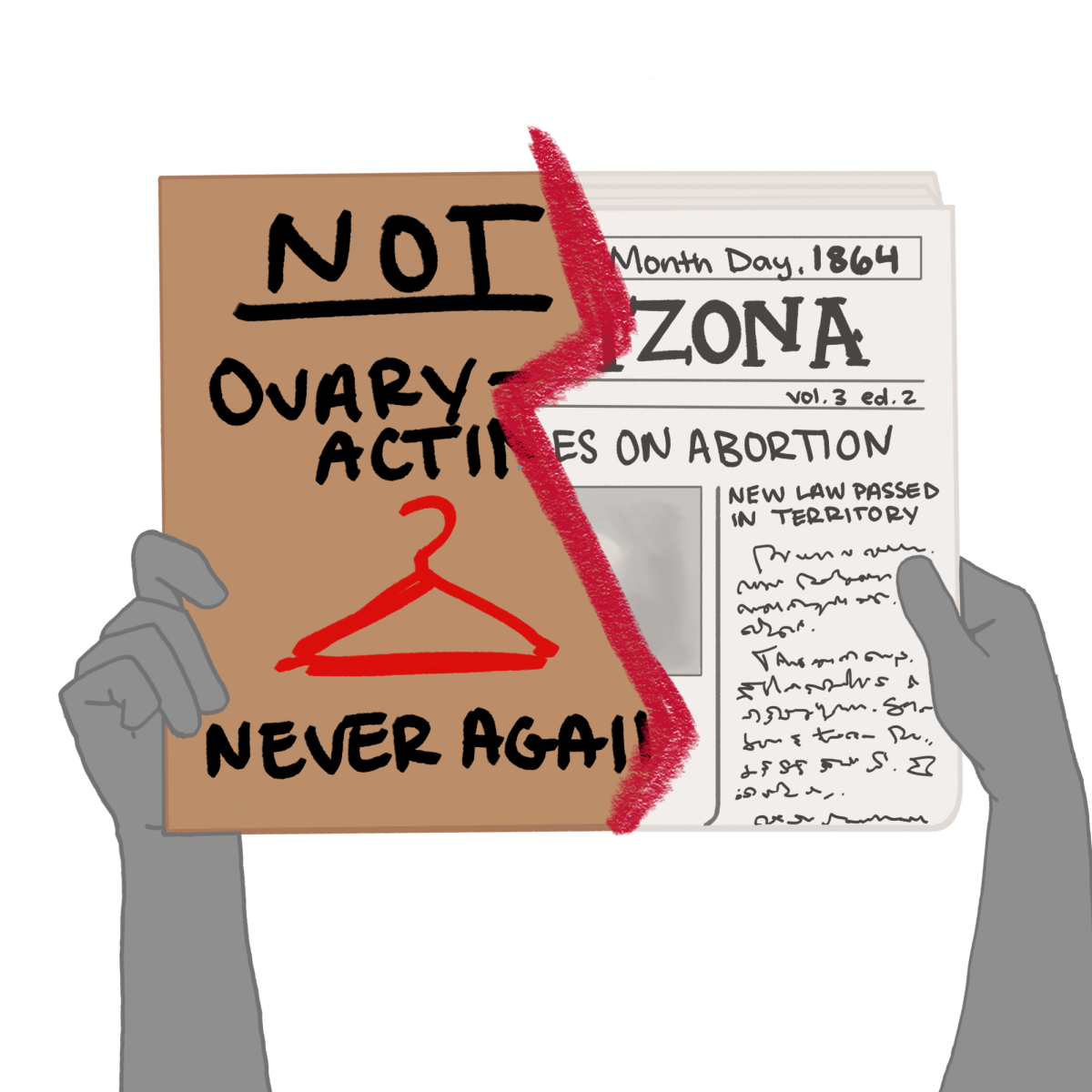A certain presidential candidate, who, in accordance with Beetlejuice rules, will not be named, has taken as his slogan, the somewhat loaded expression, “Make America Great Again.” The phrase seems to be resonating with a section of the population; because many feel that the U.S. has stopped being great, and that “great,” as this candidate imagines, it is a thing America ought to be. Both are contentious claims, and ought to be assessed warily.
This expression, “Make America Great Again,” is emblematic of a practice called “dog-whistle politics,” wherein coded language is used to euphemistically address otherwise off limits subjects — so as to avoid the consequences of explicitly bringing them up.
Ironically, dog-whistle politics is a close cousin to the sort of political correctness that this candidate, among others, pretends to reject.
Because this candidate so expertly manufactures the appearance of always saying what is on his mind, most of the euphemisms are readily apparent. One example of this is the explicitly xenophobic foreign policy positions he has taken — for example “build a wall” — that corresponds with unspoken, coded ideas of what an ‘American’ is in a very nationalistic and ethnically charged way. This, combined with the aforementioned implications, becomes a (barely) unspoken argument that a growing recognition of the value of diversity in the U.S. correlates with the country’s (supposedly) shrinking greatness.
Another code word, a great code word, being used by the not-aforementioned’s campaign is “business.” What we’ve got is a business man with business experience who is going to run the country like a business, and that’s going to make America great, again. The term is being used without ever being defined.
In this context “business” seems to act as a stand in for the ideology that all it takes to get ahead in the world is hard work. Lately, Americans have begun, in large numbers, to conclude that this isn’t true, and saying that things will be great again falsely implies that it ever was. Societies are prosperous, wealth is useful only when it can be exchanged for other goods, which is to say that economics is a team sport.
The real function of this campaign has not been to make America great but to further divide it. All of the typical obstacles to class consciousness have been employed: gender, race, religion, and nationality — all distractions from the reality that the problems we face are systemic and economic in nature. This campaign is in many ways an army of distractions under the banner of an unassailable platitude.
After all, what sort of communist would you have to be to not want America to be great again?




